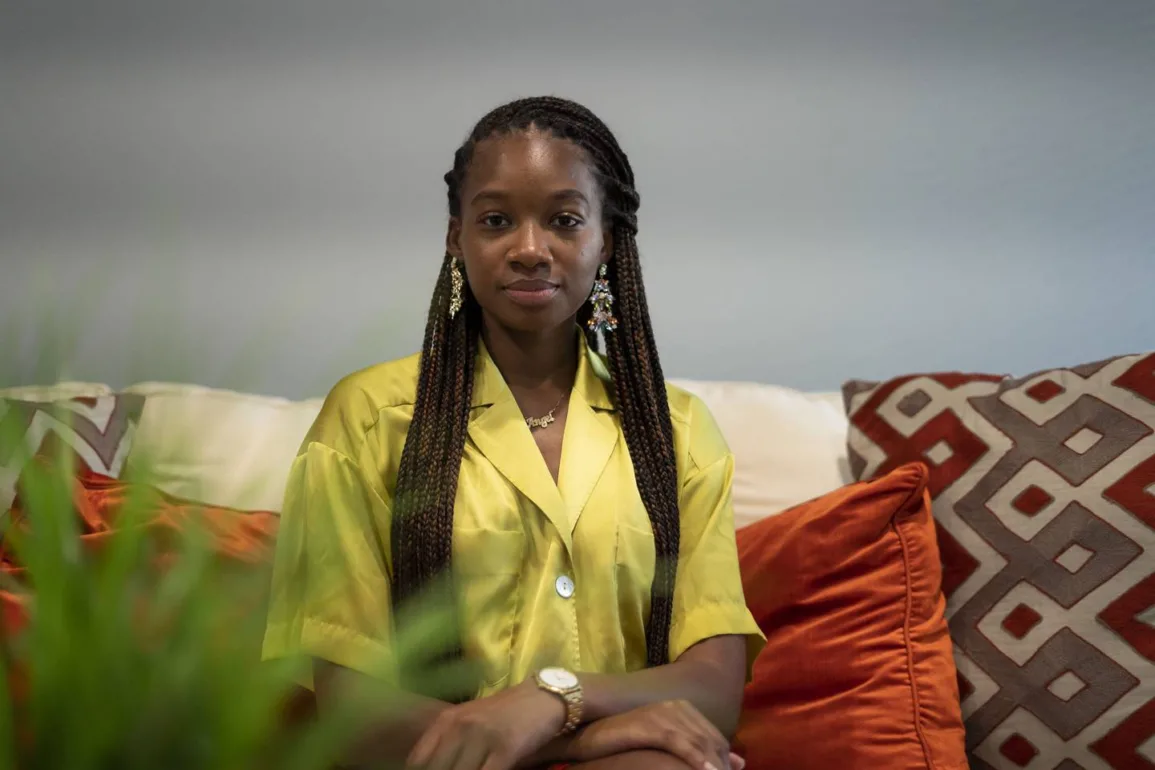Angel Randall found the pandemic to be equal parts rewarding and frustrating.
The number of patients that the licensed clinical professional counselor saw doubled to 30 a week. And while she was happy to see more Black people seeking therapy, the stress of the added workload — coupled with also experiencing trauma herself as a result of the global pandemic and the national racial reckoning — took its toll.
“I do remember being extremely angry and stressed at the same time. I was angry at the police brutality. And I also remember not having the time to process my anger because there was an abundance of patients who were too experiencing anger, anxiety, and depression. It was overwhelming balancing my anger with theirs,” said Randall, who works for the Urban Trauma Counseling Center in Milford Mill.
Between COVID-19 and the bombardment of images from a string of police killings of Black people, Black therapists were inundated with new patients or clients starting in 2020. Now, Black therapists are struggling to find time for themselves.
“There was this feeling of gratitude and relief. The stigma in the Black community was lessening. I was living my purpose by contributing to lessening the stigma. That gave me a piece of hope and a piece of control to be part of the solution of how the Black community dealt with social injustices,” Randall said. “I believe that more Black people coming to therapy helps them get a better understanding of their feelings, learn healthy ways to manage their feelings and potentially spread that to other Black people as a way to reduce mental illness within the Black community.”
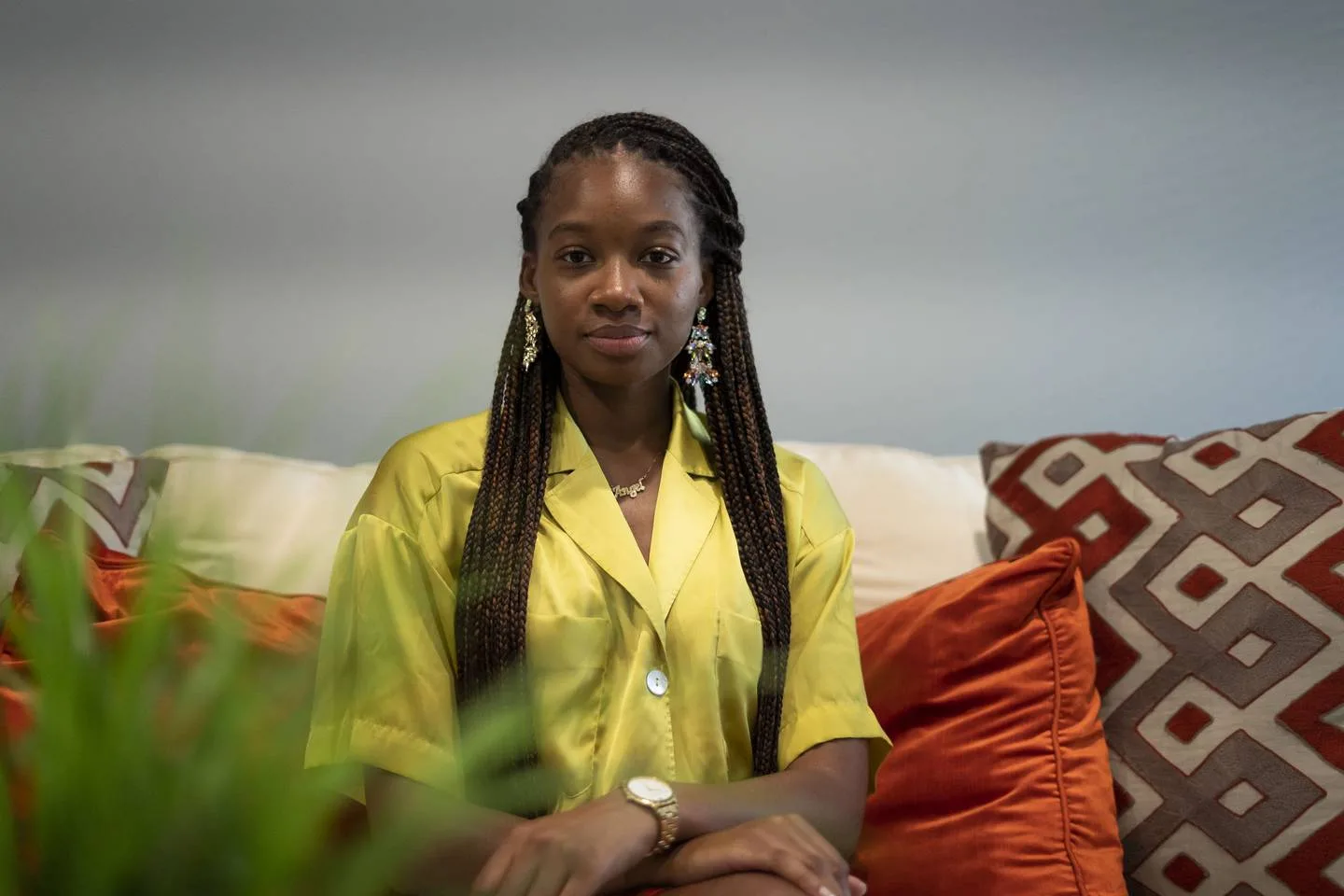
Making a connection
Connecting with patients is imperative to addressing mental health, according to experts.
The American Psychiatric Association says “racial/ethnic, gender, and sexual minorities often suffer from poor mental health outcomes due to multiple factors including inaccessibility of high-quality mental health care services, cultural stigma surrounding mental health care, discrimination, and overall lack of awareness about mental health.”
In addition, white mental health providers have a history of misdiagnosing Black patients with more severe disorders than white people and not providing the same level of treatment.
Black therapists say they possess the sensitivity and cultural competency to provide meaningful services to their Black clients because of shared life experiences, which in turn can help to thwart the stigma of mental illness and combat it.
“The Black experience in America is unique — it is unique to us,” said Jada McCray, chief operating officer at BTST Services, a Baltimore-based mental health agency with four locations throughout Maryland.
As the Latino population increases in Baltimore, so has the need for more Spanish-speaking therapists, as well, according to McCray.
Sign Up for Alerts
Get notified of need-to-know
info from The Banner
“Clients want to have a native Spanish speaker. They understand the nuance,” McCray explained. “The same can be said for the Black therapists and the Black experience in America. It’s not to say that white people are not culturally competent and cannot be. But there is something nuanced about the Black experience in America. Some things do not have to be explained when they are understood.”
When therapists need support
While Black therapists are glad to see more Black people seeking help to address their mental health needs, some say it’s been a little overwhelming.
“Therapists are human too. They were scared of the virus and what was going on in the world,” McCray said.
As a result, McCray’s company provided group therapy sessions specifically for therapists. They included racial healing training and discussion circles.
“We would have up to 20 therapists at a time to debrief, discuss and to weep,” McCray said.
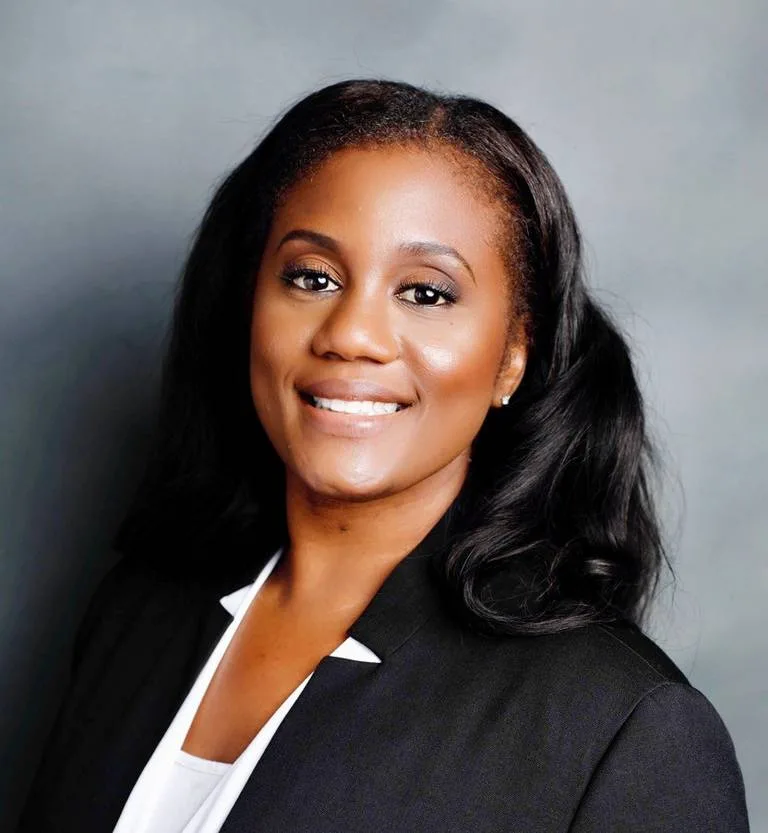



At All Walks of Life, a Baltimore-based center specializing in behavioral health, the motto is “Preservation of Self and Community.” There, clinicians were encouraged to “hold a standard of caring for ourselves before we care for anyone else,” according to Shaney Pendleton, the company’s chief operating officer.
“That ‘care’ may look different for everyone. It includes health, rest, education, enjoyment — whatever makes an individual feel whole,” she said. “Providing services when you do not feel whole directly impacts the quality of care for the person seeking therapy. It also increases the risk of burnout for the service provider.”
In addition to asking therapists to be “cognizant and place their care in their schedules,” All Walks of Life also had weekly staff check-ins; extra opportunities for individuals to “share and vent” and identify what if any additional training they needed; and increased screening of referrals to ensure that therapists avoided adding anything “too far outside of the scope of practice.” Therapists were also encouraged to collaborate with other therapists and to develop specialization opportunities to be “more confident and effective” in their work, Pendleton added.
All Walks of Life staff members were also offered non-merit-based “self-care” bonuses and pay increases at the height of the pandemic and in the aftermath of George Floyd’s 2020 murder by a Minneapolis police officer.
“Money doesn’t solve everything — but everything has a cost. You never know what someone’s going through and where they may need extra for a bill or something special to brighten their day,” Pendleton said.
Xiomara Arrieta, alicensed clinical social worker with 18 years of experience, saw her caseload double at the height of the pandemic. As a Black Puerto Rican, she experienced the additional stress of “real issues in race which made Black and brown people feel nervous.” So she sought self-care options.
“There was an overwhelming [number] of people that came in. My caseload doubled. We had to maintain boundaries,” recalled Arrieta, who works at Thriveworks in Baltimore and specializes in anxiety, depression, coping skills and cultural assimilation issues.
Arrieta focused her attention on art and music therapy, as well as jarring foods for the less fortunate.
“I give back. Giving is important. It puts me in a happy place,” she said, adding that her company was also very proactive in paying for her to go to a conference and in offering counseling for other therapists and the people who lived in their homes.
The American Psychological Association, the nation’s largest scientific and professional organization of psychologists, has advocated for self-care and provided resources for its members during the pandemic, according to Kim I. Mills, a senior director of strategic external communications and public affairs for the association.
“APA creates many tools to help psychologists be more effective and more efficient” including guidelines, research summaries, advocating on behalf of coding and reimbursement, and working on state regulations, Mills said. “We also provide some content specific to self care and self management for our members. We also advocated for the use of telehealth during the pandemic — and continuing it beyond the national emergency.”
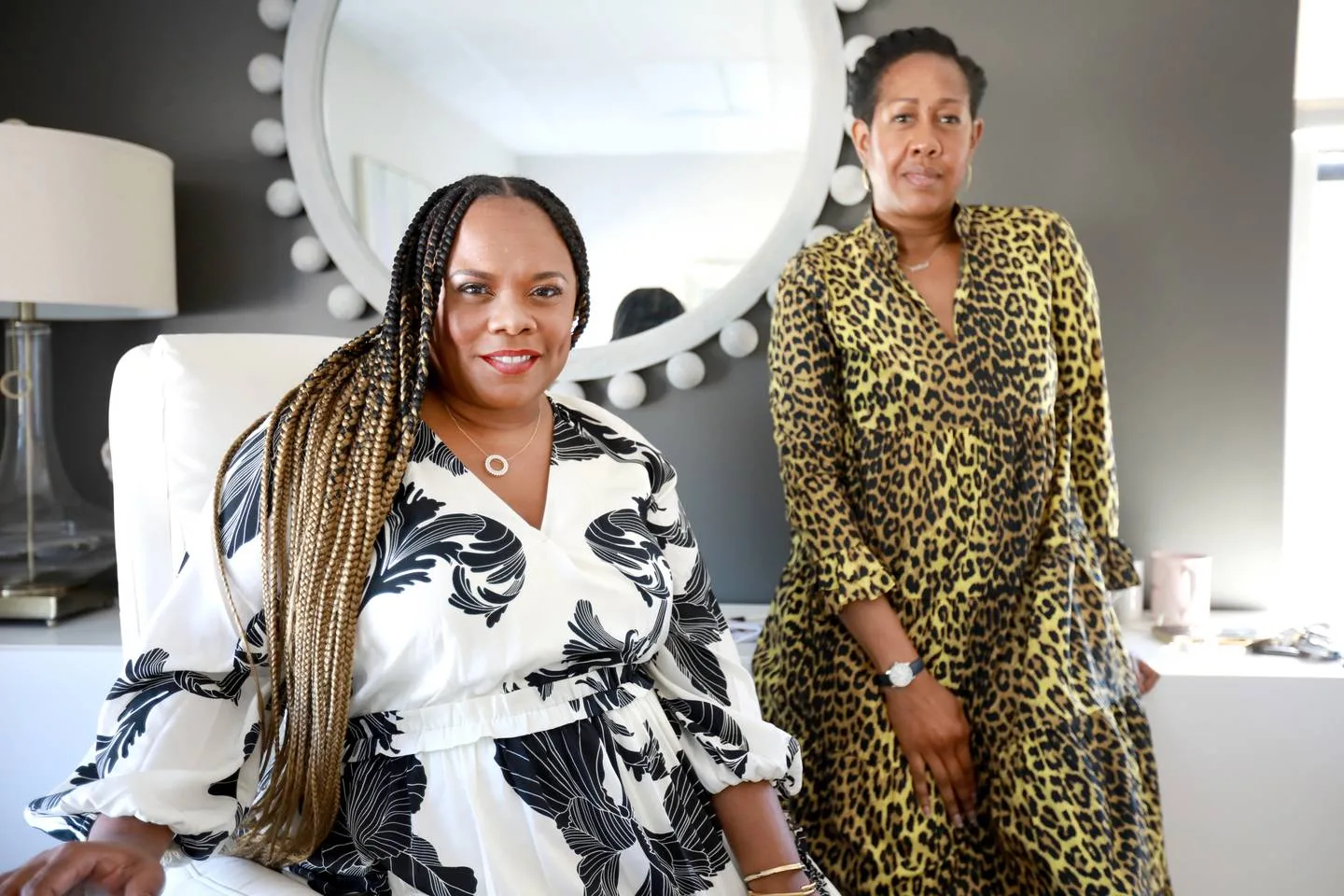



Too few Black therapists
According to the American Psychiatric Association, 2% of the estimated 41,000 psychiatrists in the United States are Black, and 4% of psychologists are Black.
McCray said Black therapists cannot be licensed quickly enough to meet the demand.
“People have had a very hard time finding Black therapists. We are like a unicorn,” McCray said.
In general, the number of psychologists reporting a rise in referrals increased from 2020 to 2021 — going from 37% to 62%, according to the APA. And waits were getting longer, too — the association reported that of the psychologists who had a waitlist, 68% indicated they had longer ones after the onset of the pandemic.
At All Walks of Life, clinicians there have seen twice the number of referrals and increased interest in mental health supports, according to Pendleton.
“Hiring enough therapists to keep up with the pace of referrals is an ongoing dilemma. There has been a decline in licensed therapists since 2019, and unfortunately, we have not seen signs of an influx soon,” she explained. “With the growing number of organizations and diminishing number of licensed professionals, the pool is growing shallower by the day.”
Education is key, according to Pendleton.
“We need to educate everyone about the low percentage of Black therapists,” she said, adding that greater awareness of the multiple education routes toward becoming a licensed therapist is important. “Many social workers have shared stories of being unaware of a clinical/therapeutic path until well into their school programs.”
Pendleton also encourages existing therapists to develop areas of specialization in their practices.
“Specialization grows a network of support for consumers and colleagues,” she said. “When individuals enter this field, they need to know they’re not taking every world problem alone. It’ll also act as a catalyst for assisting others in understanding the many ways therapists can help others.”
Arrieta, who says she “stumbled into the profession” after being a naturally curious young person, thinks that making greater efforts to welcome Black and brown therapists is a start. She also thinks that companies can do a better job placing Black and brown people in top leadership positions in companies.
“I also think that normalizing mental health and giving it some value might help them come to the profession,” she said.
The APA believes in taking a proactive approach by promoting population health, which means reaching people before they are even diagnosed with a mental illness, thereby helping to reduce the number of individuals needing psychotherapy, according to Mills.
Mills’ association is also working to accredit master’s degree training in health service psychology, which she said “will serve to increase and diversify the psychology workforce.”
“Master’s programs typically have a more diverse student cohort than doctoral programs, and graduates of master’s programs are much more likely to aim for clinical careers,” she said.
The APA issued its first public apology in 2021 for racist behaviors and inequalities seen in the profession.
“Early psychiatric practices laid the groundwork for the inequities in clinical treatment that have historically limited quality access to psychiatric care for BIPOC,” the statement reads.
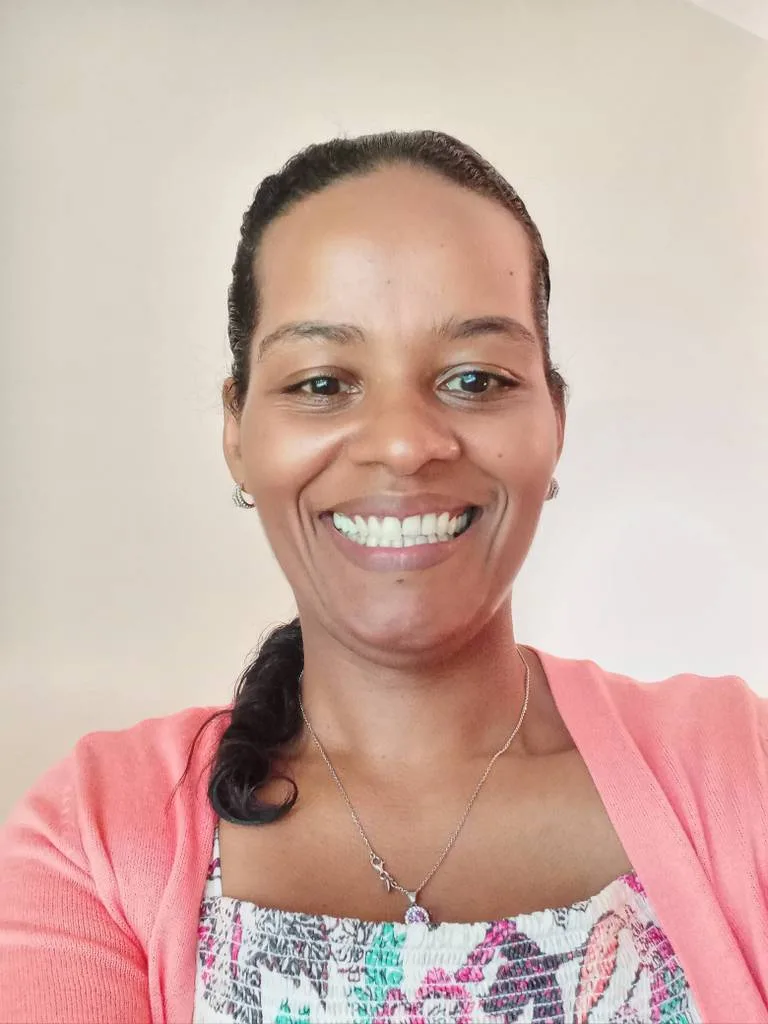



The need continues
Even though the COVID pandemic is no longer officially deemed a public health emergency and the protests and unrest over racial justice appears to have waned, Black therapists report higher numbers of patients than before the shutdown from the pandemic began.
“We continue to get hundreds of referrals a week,” McCray said.
Randall said she’s seeing 20 to 25 patients a week, down from 30.
“That is a lot of people to talk to in a week — a lot of brains to be in within a week,” Randall said.
The events of recent years have created opportunities for Black therapists to discuss their own trauma, according to McCray.
“We began to discuss, openly and transparently, collective trauma that we have experienced as Black people,” McCray said. “We were finally able to have a space to say this was painful to us, this happened to us. This was the first time we were able to say that.”
McCray added that the heightened demand for therapy exposed the need for more diversity within the industry. She hopes that will mean longer-lasting change.
“One of the results was having more diverse people at the table,” McCray said. “This is what our people need. This is what we need to move forward. In additional to that, it was a call to action for Black mental health workers.”


